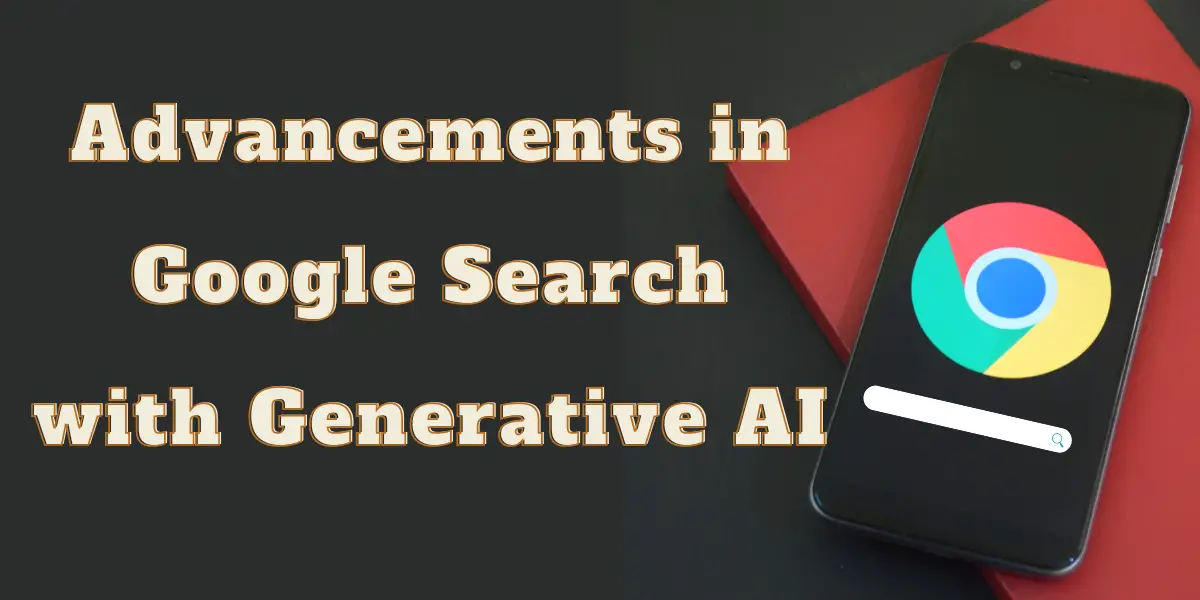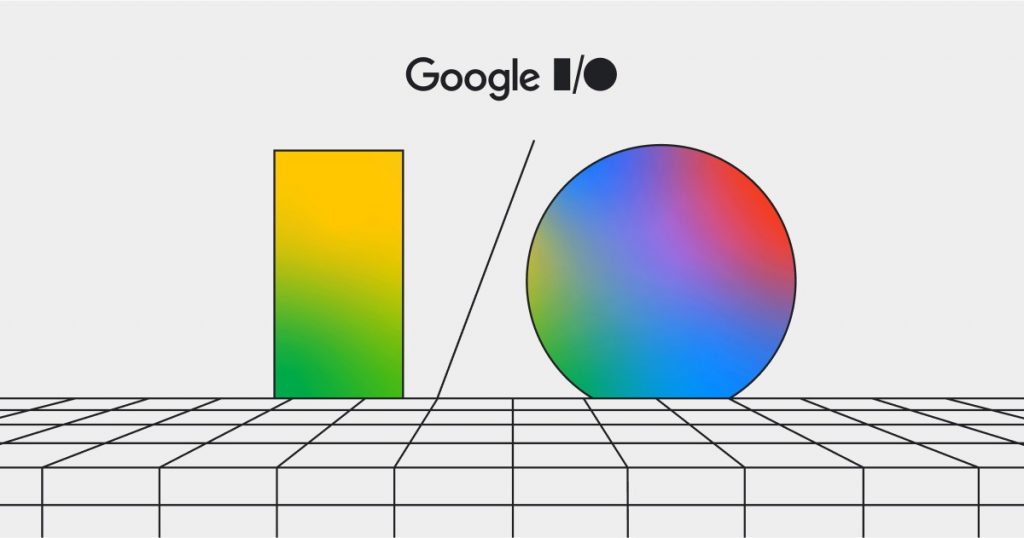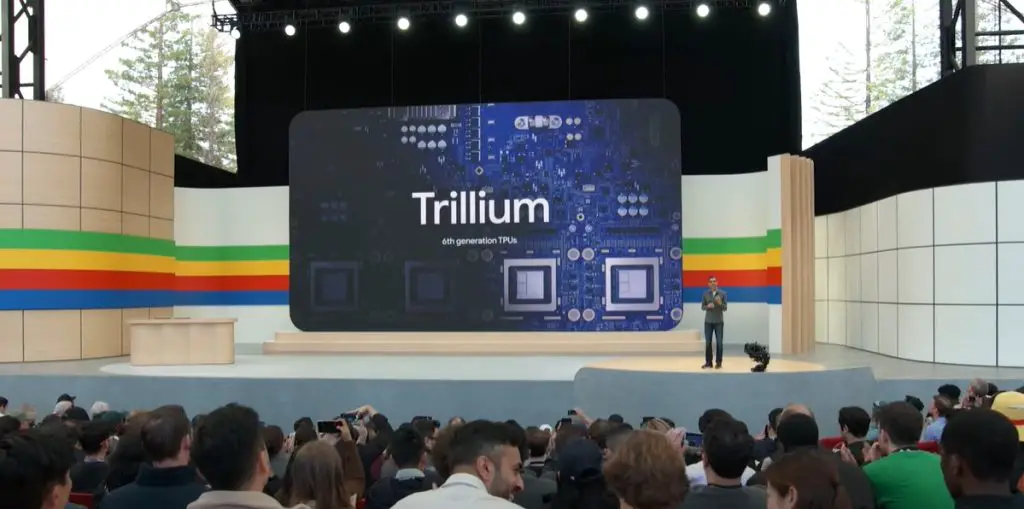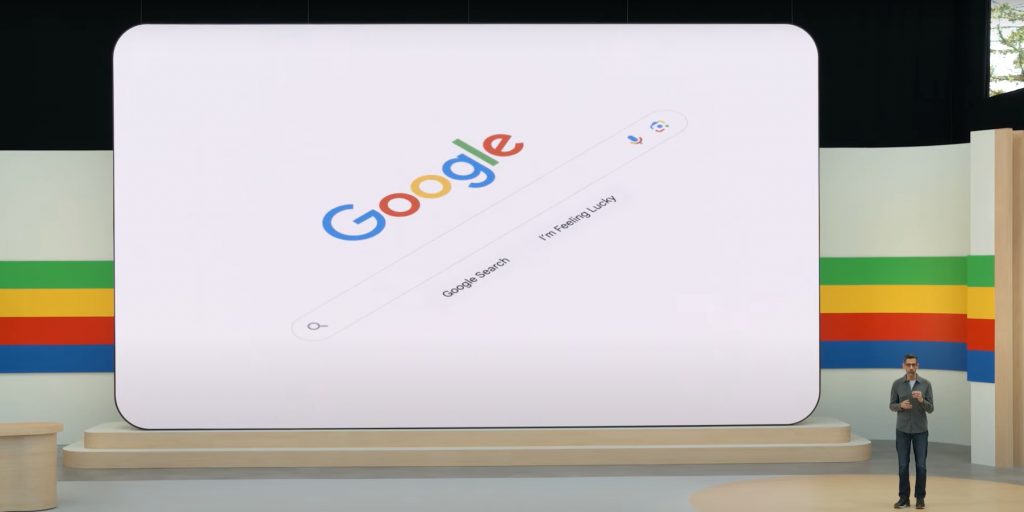Advancements in Google Search with Generative AI

In the rapidly evolving world of digital technology, Google has taken a significant leap forward with the introduction of Generative AI in its search engine. This cutting-edge technology is not just about refining search results; it’s about completely transforming how users interact with information online.
By understanding and predicting user needs more effectively, Generative AI is setting new standards for personalization and efficiency in digital search.
Table of Contents
Generative AI in Google Search

Generative AI in Google Search represents a revolutionary approach to processing and delivering search results. By leveraging machine learning models that understand language and context, this technology offers more accurate and relevant responses to user queries. It goes beyond traditional keyword matching, incorporating understanding of intent and contextual nuances to deliver a more intuitive search experience.
Core functions of Generative AI

Generative AI revolutionizes the functionality of Google Search through several key enhancements.
Enhanced Query Interpretation
Generative AI excels at interpreting complex queries by understanding their deeper meanings.
- Breaks down queries into their semantic components.
- Identifies the intent and context behind each search.
Personalized Search Experience
The AI customizes search results based on user behavior and preferences.
- Learns from previous searches to refine future results.
- Adapts to user preferences over time for more tailored outputs.
Efficiency in Delivering Results
Generative AI efficiently processes and delivers relevant search results.
- Minimizes the time users spend searching for the right information.
- Optimizes the search process to reduce redundancy and irrelevance.
How does Generative AI work?
Generative AI Tool revolutionizes Google Search by integrating advanced machine learning techniques to better understand and anticipate user queries. This AI leverages natural language processing (NLP), predictive modeling, and deep learning to refine search responses and enhance user interactions.
Natural Language Processing (NLP)
Generative AI uses NLP to decode the semantics and intent behind user queries, enabling it to respond with highly relevant and contextual information.
- It analyzes the meanings of words and phrases within the context they are used.
- It understands the grammatical structures to discern relationships between different elements of queries.
Predictive Modeling
This AI predicts users’ needs based on historical search data and current trends, streamlining the search process by preemptively offering relevant results.
- It forecasts future queries by recognizing patterns in past searches.
- It adjusts suggestions based on real-time data and user behavior.
Deep Learning
Generative AI employs deep learning to continuously improve its query handling by learning from vast amounts of data and user interactions.
- It refines its responses over time, adapting to new information and user preferences.
- Its algorithms evolve to better manage the complexity and variety of user queries.
How does the Gemini model enhance Google Search?
The Gemini model represents a significant advancement in Google’s search capabilities, specifically tailored to enhance the efficiency and accuracy of the search engine through the use of Generative AI. This model integrates advanced machine learning techniques to improve the handling of search queries, offering users a more seamless and intuitive experience. By combining Google’s extensive data with state-of-the-art AI, the Gemini model personalizes and streamlines search results, making them more relevant and actionable.
Enhanced Multi-Step Reasoning
The Gemini model excels in understanding and executing multi-step queries. This capability allows it to process questions that involve multiple layers of context and deliver precise answers. For instance, if a user queries about the best route to a destination considering current traffic and weather conditions, Gemini can integrate all these factors to provide an optimized answer.
Improved Predictive Capabilities
With its sophisticated algorithms, the Gemini model can predict users’ needs based on their search history and context, providing suggestions before the user even finishes typing their query. This proactive feature saves time and enhances the user experience by anticipating the user’s next steps.
Increased Query Personalization
Gemini’s ability to personalize is based on its deep learning frameworks that analyze user interactions over time. This model adjusts its responses according to the user’s unique preferences and past behaviors, ensuring that the results are tailored to individual needs and tastes.
Also: Google Planned to Integrate AI Image Generator in Bard
How does Generative AI handle complex queries?
Generative AI’s approach to handling complex queries is transformative, allowing Google Search to deliver highly relevant and contextually appropriate results. By understanding the underlying intent and multiple dimensions of a query, Generative AI can navigate through vast amounts of data to find the most accurate and useful information.
Understanding Context and Intent
Generative AI excels at interpreting the context and intent behind each query, which is crucial for handling complex questions. This capability ensures that the responses are not only accurate but also aligned with the user’s expectations and needs, even when the queries involve abstract concepts or require insights across various topics.
Integrating Multiple Data Sources
To handle complex queries effectively, Generative AI integrates and synthesizes information from multiple data sources. This holistic approach allows it to provide comprehensive answers that consider all relevant factors, such as geographic information, user preferences, and current trends.
Delivering Tailored Responses
The AI’s ability to tailor responses to the specific needs of each query is essential for managing complex searches. This personalized approach ensures that each user receives information that is most relevant to their particular situation, enhancing the effectiveness of the search results.
Planning capabilities of Generative AI in Google search

Generative AI in Google Search is not just about answering queries—it’s also about helping users plan and organize their digital and real-world activities. By understanding the needs and patterns of users, it can assist in creating detailed plans and schedules, which is especially useful for complex tasks that require coordination of multiple elements.
- Event Planning: AI can suggest venues, dates, and times for events based on user preferences and past events.
- Travel Itineraries: For travelers, it can generate itineraries by analyzing locations, user reviews, and personal interests.
- Daily Schedules: Generative AI can help users create daily schedules by considering their appointments, traffic conditions, and personal preferences.
- Meal Planning: It can suggest recipes based on dietary restrictions, preferred cuisines, and past cooking history.
Also read:Google’s Chrome Update: AI-Driven Customization and Efficiency
Future enhancements expected of Generative AI
As Generative AI continues to evolve, Google Search is set to become even more intuitive and user-centric. Planned advancements are focused on deepening personalization, improving the precision of responses, and expanding the capabilities of the search engine.
- Enhanced Personalization: Future updates will refine AI’s ability to customize search results more precisely according to individual user preferences and behaviors.
- Deeper Contextual Understanding: Improvements in understanding the context of queries will deliver more accurate and relevant information.
- Advanced Voice and Visual Search: Upgrades in voice and visual search technologies will facilitate more natural and effective ways to interact with Google Search.
- Augmented Reality Features: New augmented reality tools will provide immersive experiences, particularly useful in sectors like retail and education.
- Real-Time Data Use: Integrating real-time data will ensure that Google Search provides the latest information, whether for news, financial markets, or weather updates.
Conclusion
The integration of Generative AI into Google Search is not just an enhancement of existing technology; it is a reimagining of how search engines operate. As we look to the future, these innovations promise to make our interactions with digital information more intuitive, efficient, and tailored to our individual needs, solidifying Google’s position at the forefront of search technology innovation.

